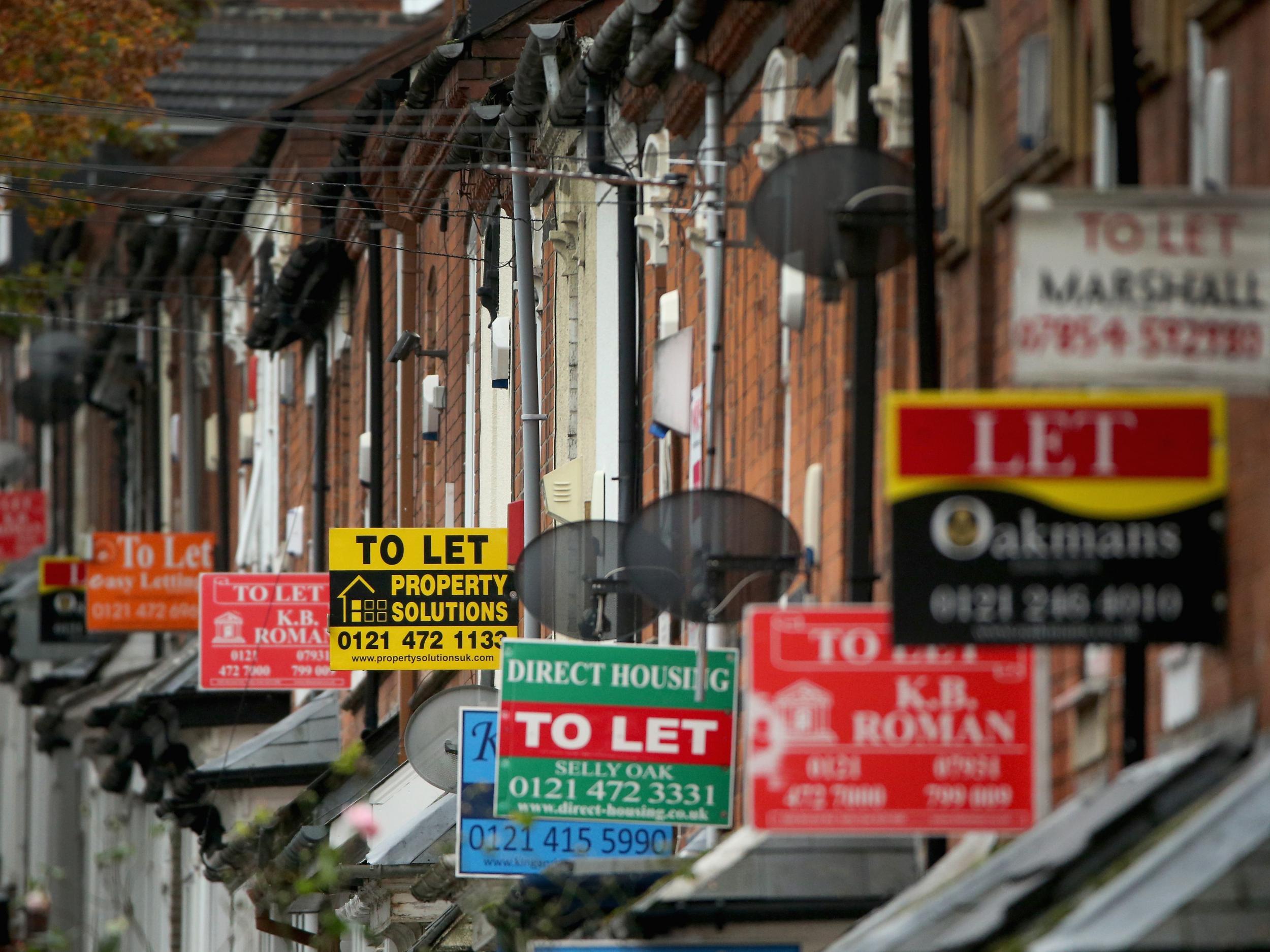Mortgage approvals slump to lowest level in nearly three years, show latest figures
Weakest statistics since January 2015 have surfaced, after last month's house purchase approvals dropped to 61,039

Mortgage approvals slumped to their lowest level in almost three years in December and consumer credit growth crept up again, according to the latest data from the Bank of England.
The bank reported that there were 61,039 approvals for house purchases in the month, down from 64,712 in November and the weakest figure since January 2015.
The figures likely reflect home buyers bringing purchases forward, ahead of the Bank’s rate rise in November, but nevertheless will be interpreted as an indication of the fragility of the UK housing market.
“The slowdown in mortgage lending reflects both the recent rise in mortgage rates and the real income squeeze,” said Samuel Tombs of Pantheon.
“The outlook for house prices and big-ticket household goods purchases has darkened.”
“Looking ahead, with new buyer demand still weak, mortgage approvals are likely to remain subdued,” said Paul Hollingsworth of Capital Economics.
According to the Office for National Statistics, house prices in November 2017 were up 5.1 per cent on a year earlier, down from a growth rate of above 8 per cent at the time of the Brexit vote in 2016.
The latest reading from the Nationwide Building Society showed an average price growth of 2.6 per cent in December, down from 4.5 per cent a year earlier.
Lowest since January 2015
Meanwhile, consumer credit growth, which regulators at the Bank have been trying to dampen, picked up, with an additional £1.5bn of unsecured borrowing in December.
That took the annual rate of growth to 9.5 per cent, up from 9.3 per cent in November.
The annual credit card growth rate was 8.9 per cent, up from 8.8 per cent previously.
The divergence of mortgage and consumer borrowing rates creates a “difficult balancing act for UK policymakers”, according to Simon French of Panmure Gordon.
Loans taken out by firms contracted again in December, with net bank borrowing by large companies and small firms contracting by £0.5bn and £0.4bn respectively.
That took the borrowing rate for large firms to 3 per cent, up from 2.6 per cent previously.
But for small firms it slipped back to 0.4 per cent from 0.5 per cent.
“Small business appetite for finance is looking increasingly shaky as a noxious combination of ongoing uncertainty and squeezed consumer confidence continues to tighten its grip”, said Paul Goodman, chairman of the National Association of Commercial Finance Brokers.
“This is the largest decline in three years and signals that a number of small businesses are waiting to see how the negotiations over Europe turn out.”
Subscribe to Independent Premium to bookmark this article
Want to bookmark your favourite articles and stories to read or reference later? Start your Independent Premium subscription today.

Join our commenting forum
Join thought-provoking conversations, follow other Independent readers and see their replies